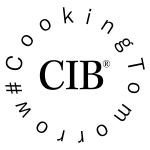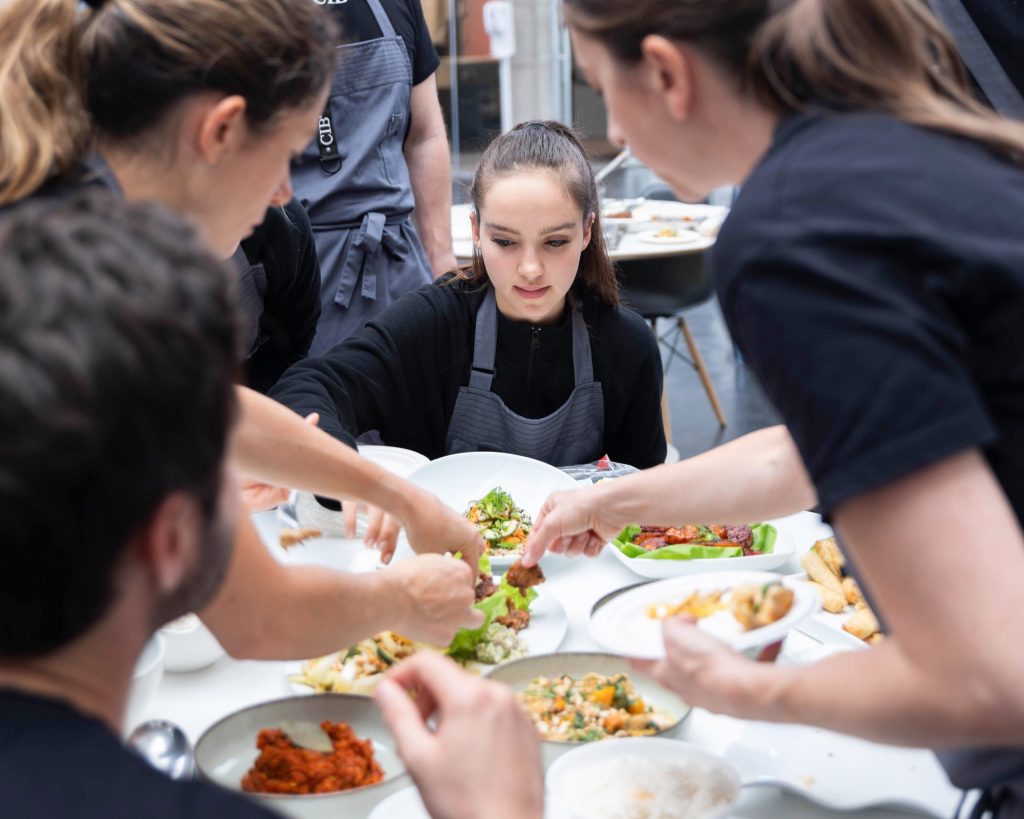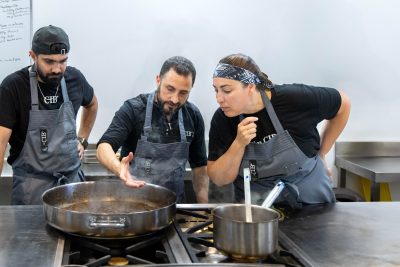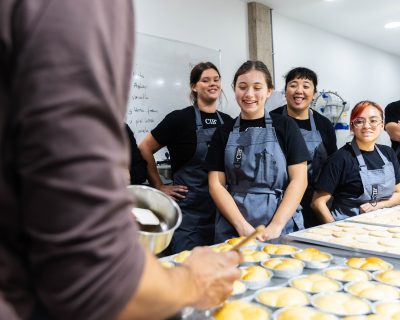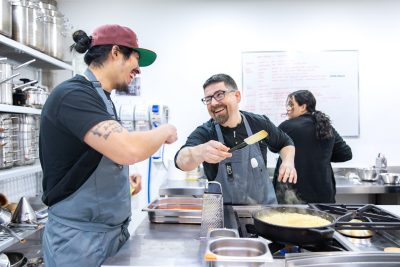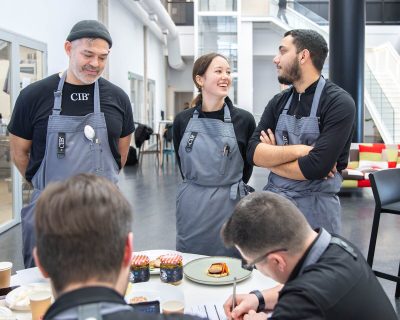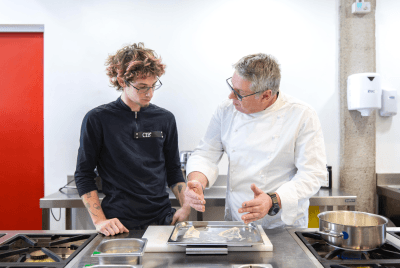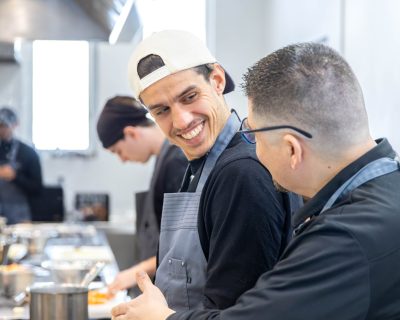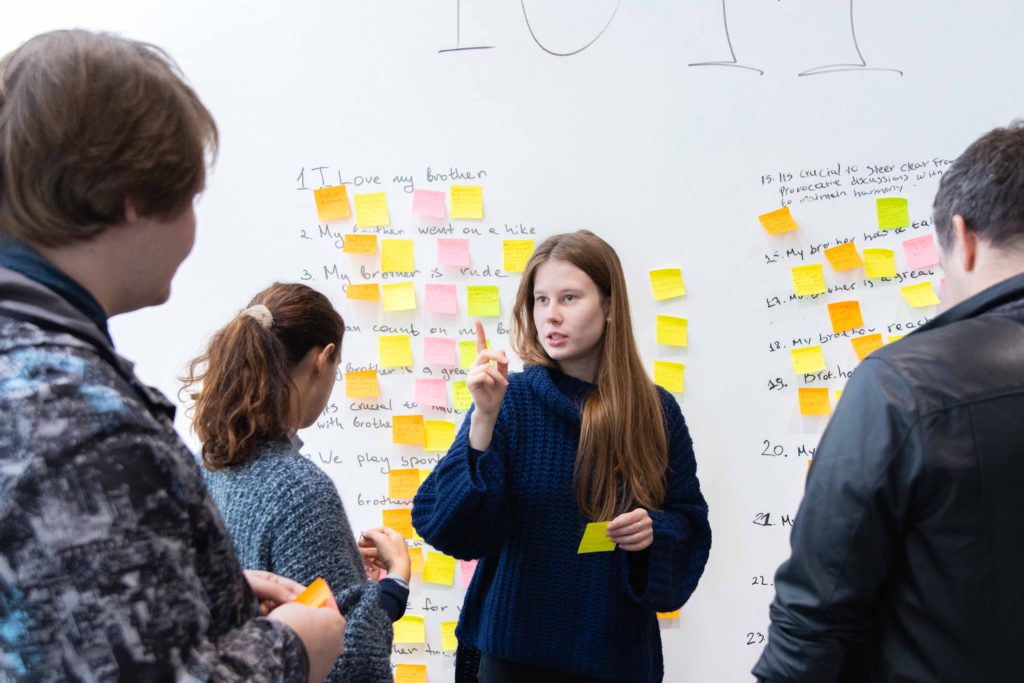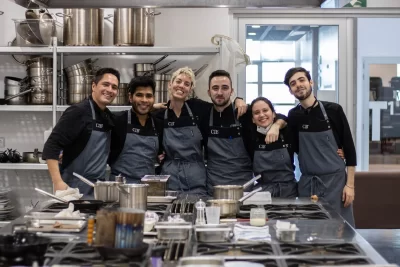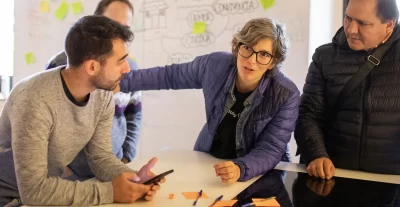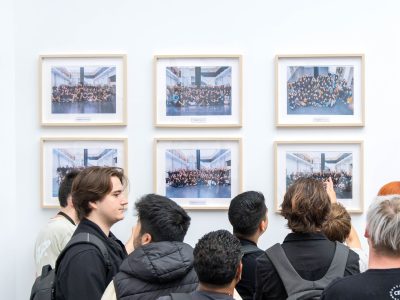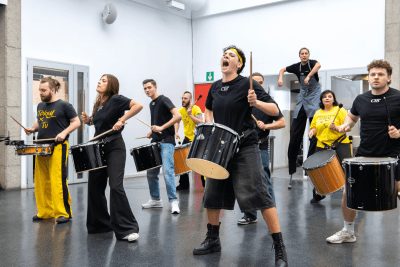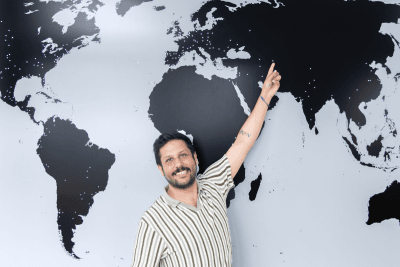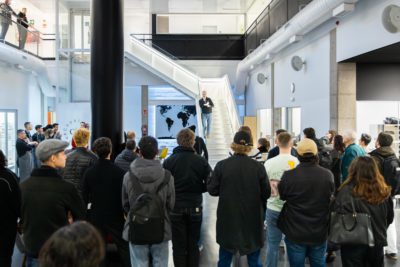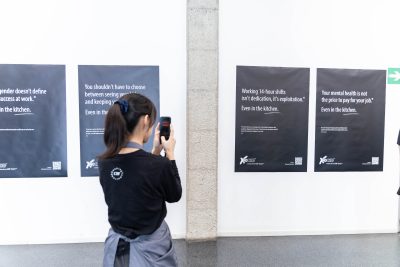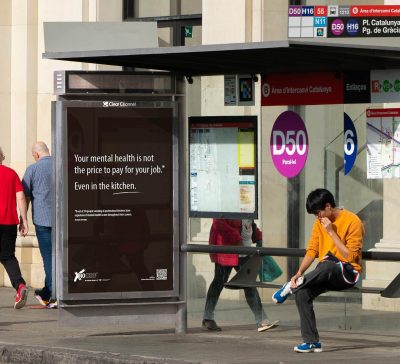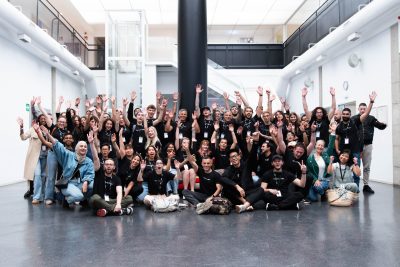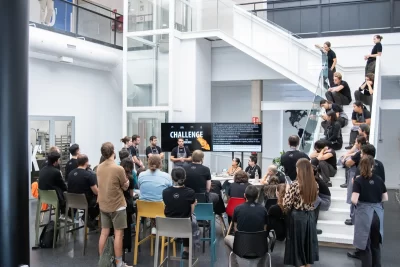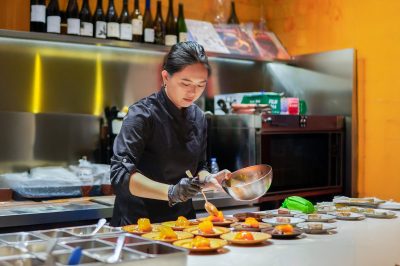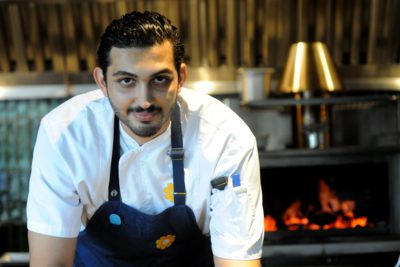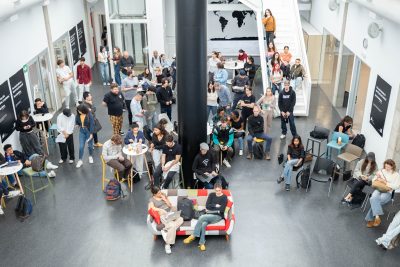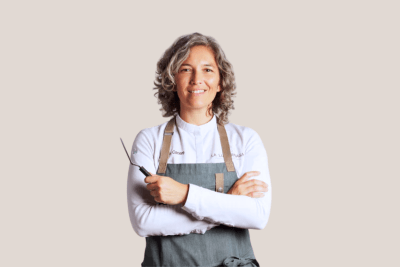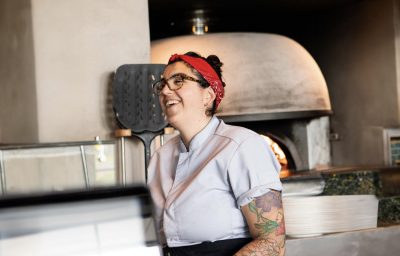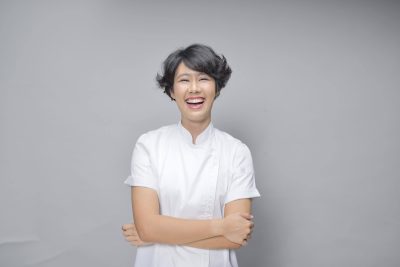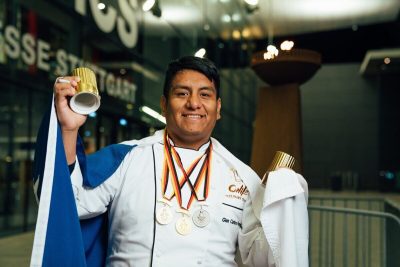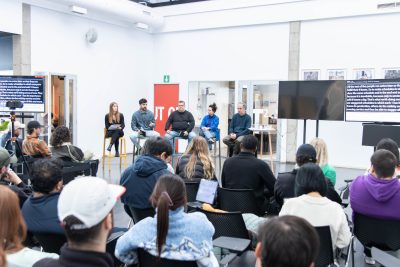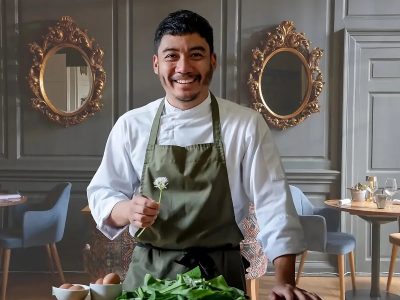Sustainable gastronomy and food sustainability
The kitchen is no longer just a space for creation or tradition. Today, it is also a space for decision-making. Every ingredient chosen, every technique applied, and every menu designed has an impact — on people’s health, on the balance of the environment, and on the evolution of food culture. Sustainable gastronomy represents the most thoughtful and committed response to this new reality. As global challenges related to health, the environment, and food security intensify, so does the need for professionals capable of leading this change from the kitchen. It is no longer simply about cooking with awareness — in the 21st century, sustainability is not an option; it is the path for those who want their craft to leave a lasting mark. What is gastronomy and food sustainability? Sustainable gastronomy means applying sustainability principles across the entire food chain — from production and transportation to the kitchen and final consumption.
